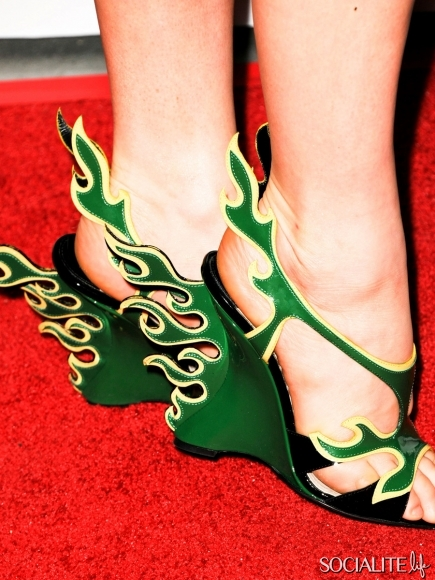 When the Irish playwright and novelist Samuel Beckett won the Nobel Prize for literature, a reporter said to him: "James Joyce wrote the most highly praised novel of the 20th century. William Butler Yeats is perhaps the greatest poet in English. George Bernard Shaw is among the most popular playwrights in the world. How did Ireland, a tiny country with widespread poverty, produce three of this century's most important writers?" Beckett instantly answered, "The British! They oppressed us into greatness." Except that in typical Irish fashion, Beckett used a far more colorful word than "oppressed."
When the Irish playwright and novelist Samuel Beckett won the Nobel Prize for literature, a reporter said to him: "James Joyce wrote the most highly praised novel of the 20th century. William Butler Yeats is perhaps the greatest poet in English. George Bernard Shaw is among the most popular playwrights in the world. How did Ireland, a tiny country with widespread poverty, produce three of this century's most important writers?" Beckett instantly answered, "The British! They oppressed us into greatness." Except that in typical Irish fashion, Beckett used a far more colorful word than "oppressed."
What is the most important aspect of diversity--race, ethnicity, national origin, gender and other qualities that are taken as markers of one's identity? The triumphs over prejudice, obstacles, and opposition that people accomplish? Is it instead what all humanity shares: the potential to create and the ability to enrich the world with different points of view, experiences and talents? At LIM College, many faculty appreciate that they are part of an industry that, though far from perfect, is extraordinarily diverse in race, ethnicity, and country of national origin. As one of the first commodities in the history of the world to be traded internationally, apparel has also always been a global industry. Fashion is a business in which differences between people must be taken into account for trade to be possible.
But back to St. Patrick's and Ireland. Like many Irish-Americans--and other hyphenated Americans--when I visit my "country of origin," the citizens see me as American, not one of them. That degree of distance from being "authentically Irish" does not, and should not, interfere with celebrating the best part of my ancestors' culture (which is not Guinness or Riverdance, by the way). The Fashion industry does not ask "Where do you come from?" It asks, "Who do you want to become?" Oddly enough, if one looks into what little is known for certain about St. Patrick, his life has much to teach us about self-transformation.
Robert Clark is the Director of the Writing Center and teaches courses about Film, New York Writers, 20th Century Literature and other topics at LIM College, and has taught at Barnard College, NYU, Hofstra, Pace University, Montclair University and elsewhere.